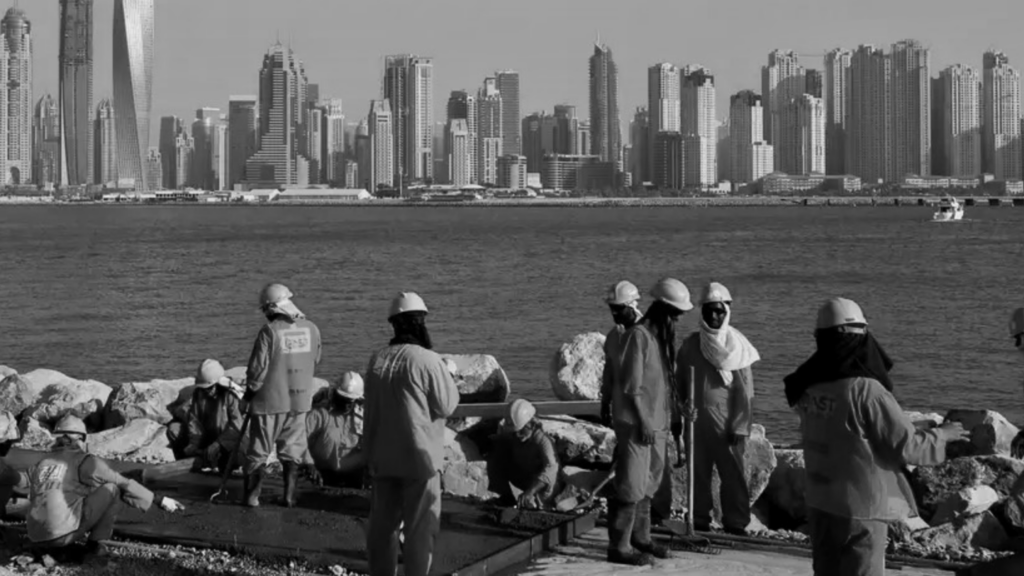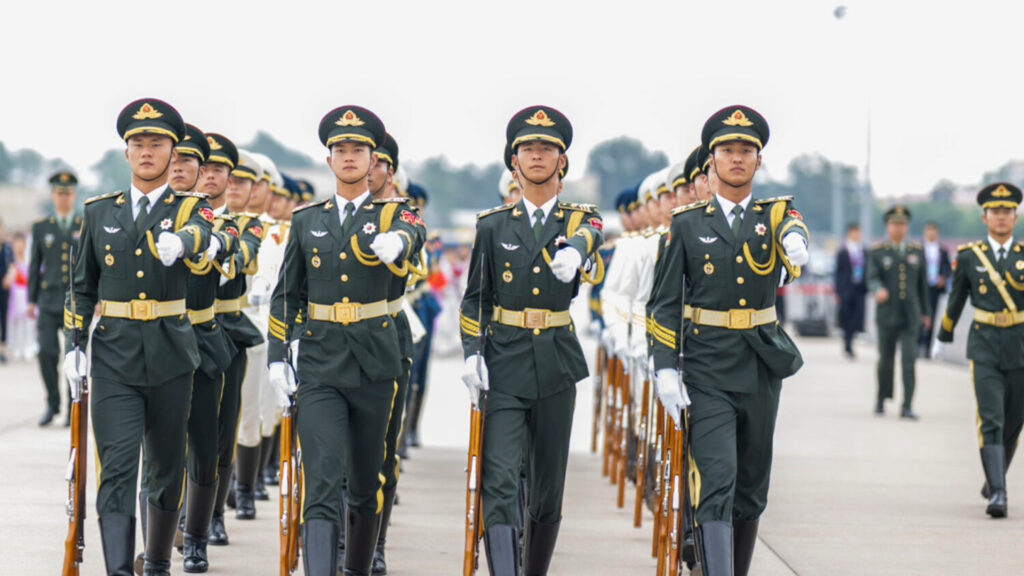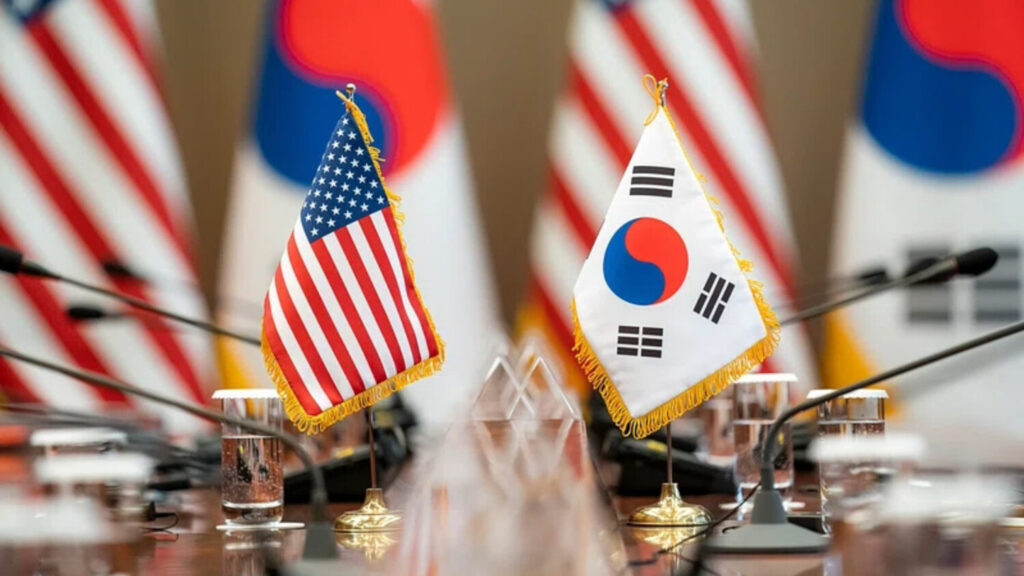Weaponised Finance: Sanctions, SWIFT and the Future of Global Political Risk
In recent years, financial infrastructure has transcended its traditional role as a neutral facilitator of commerce to become an instrument of statecraft. Finance is used as a powerful tool by governments to push political agendas without using force. By controlling global payment systems like SWIFT and dollar networks, states use financial sanctions as a form of foreign policy (Cipriani, Goldberg and La Spada, 2023). However, while these actions can cause quick harm, they also encourage the creation of alternative systems, weakening traditional financial structures and adding new risks to global markets.
SWIFT, a Belgium-based messaging network, is central to this financial power. By 2022, it connected over 11,500 institutions in more than 200 countries and handled around 44 million messages a day (SWIFT, 2025). Though it does not move money itself, it is essential for cross-border payments. Cutting a country off from SWIFT can have severe economic effects. The strategic utilisation of SWIFT became evident when Iranian banks were disconnected in 2012 due to EU-U.S. sanctions. However, SWIFT’s coercive power became fully evident in 2022 after Russia’s invasion of Ukraine. The exclusion of seven major Russian banks, which accounted for around 1 to 1.5 percent of SWIFT’s daily traffic and approximately 700 to 800 billion dollars in annual cross-border flows, had immediate and significant effects. The ruble reacted sharply, plunging more than 30% in the weeks that followed, while capital flight and market volatility drew comparisons to the economic turmoil experienced after Crimea’s annexation in 2014. A report by Stockholm Institute of Transition Economics (2024) mentioned a damage in Russia’s economy, mirroring the damage inflicted by sanctions on Iran. These developments also sent ripples through Europe: key trading partners, including Italy, France, and Germany, faced potential loan defaults and significant disruptions to trade finance.
In response to the exclusion, Russia accelerated the use of SPFS (System for Transfer of Financial Messages), a domestic alternative to SWIFT developed in 2014 to avoid sanctions (U.S. Department of the Treasury, 2024). Initially limited to around 400 Russian banks, SPFS expanded rapidly in 2022, connecting over 550 institutions across 24 countries. This growth reflects a strategic shift toward financial resilience through domestic infrastructure. Likewise, China’s CIPS system has seen rapid growth. In 2023, it processed 6.6 million transactions worth about 17 trillion US dollars, a 27 percent yearly increase, with more than 1600 direct/indirect users.
This marks a major change. Alternatives once considered marginal are now real financial pathways. While SWIFT remains dominant, the rise of SPFS and CIPS shows significant fragmentation. And, while the U.S. dollar continues to dominate, accounting for about 50% of SWIFT transaction value in early 2025 ,with the euro at ~23% (Furtuna et al., 2024), and the yuan at under 4% (Swift, 2025), the long-term trend toward de-dollarisation is accelerating. Russian banks pivoted rapidly to alternative messaging platforms after SWIFT disconnection. Domestic payments continued almost uninterrupted, evidencing strategic resilience. The global impact was large as Russian exports were restricted, leading to higher commodity prices and showing how important financial links are for trade. European banks with Russian ties faced sudden loan defaults and liquidity problems.
Additionally, for commercial enterprises, weaponised finance has introduced a new landscape of political risk. Companies can no longer take uninterrupted access to global financial networks for granted. They must now plan for the risk of sudden disconnection. The growing complexity of overlapping sanctions from the U.S., EU, and UK creates uncertainty and legal challenges. A clear example is Switzerland, where banks froze roughly CHF 7.1 billion in Russian assets, igniting intense debates about the limits of legal authority and the country’s traditional stance of neutrality.
Such friction has compelled numerous firms to embed geopolitical stress tests in their risk frameworks. It is no longer enough to focus only on currency changes or demand shifts. Analyses must now include the risk of being cut off from networks, the availability of backup settlement systems, and the strength of alternative infrastructures. This shift goes even further as countries develop Central Bank Digital Currencies (CBDC) and new financial messaging networks multiply, increasing the risk that the global economy will divide into parallel systems. The traditional US-centered framework is being replaced by a competition. In East Asia, for example, CIPS has grown enough to handle major RMB transactions. Meanwhile, bilateral local-currency agreements, like those among BRICS countries settling trade in their own currencies, are further weakening dollar dominance (Liu and Papa, 2022).
Yet, fragmentation brings complexity. Operating across multiple rails may confer flexibility, but it increases compliance burdens and raises counterparty risk. Firms handling transactions across SWIFT, SPFS, CIPS, and CBDCs face a complex mix of documentation, regulations, and settlement rules. Moving money between these networks is not yet smooth and demands customised integration and close cooperation with local banks and financial systems.
Looking ahead, the weaponisation of finance will remain a central element of geopolitical strategy. Its immediate impact in inflicting economic pain without military action is highly effective. Yet its long-term consequences in fragmenting financial systems into competing blocs risk undermining the fluidity of global capital. Navigating this evolving terrain requires close attention not only to sanctions and diplomatic shifts but also to changes in payment infrastructures, messaging protocols, and the expansion of alternative financial networks. Crucially, the era of financial neutrality has ended as monetary systems have become political tools. The future of global political risk depends on understanding who controls the channels through which money moves and how differences between these channels could reshape trade, investment, and power relations.
Bibliography
- Cipriani, M., Goldberg, L.S. and La Spada, G. (2023). Financial Sanctions, SWIFT, and the Architecture of the International Payment System. Journal of Economic Perspectives, 37(1), pp.31–52. doi:https://doi.org/10.1257/jep.37.1.31.
- Furtuna, O., Papsdorf, P., Polo Friz, L. and Testi, S. (2024). The euro as a global currency: a payments perspective. www.ecb.europa.eu. [online] Available at: https://www.ecb.europa.eu/press/economic-bulletin/focus/2024/html/ecb.ebbox202402_07~4279fee463.en.html.
- Liu, Z.Z. and Papa, M. (2022). Can BRICS De-dollarize the Global Financial System? Cambridge University Press. doi:https://doi.org/10.1017/9781009029544.
- SWIFT – The global provider of secure financial messaging services. (2025). SWIFT FIN Traffic & Figures. [online] Available at: https://www.swift.com/about-us/discover-swift/fin-traffic-figures.
- Swift description (2025). RMB Tracker document centre | Swift. [online] Swift. Available at: https://www.swift.com/products/renminbi-tracker/document-centre.
- The Russian Economy in the Fog of War. (2024). [online] Stockholm Institute of Transition Economics (SITE). Available at: https://www.hhs.se/contentassets/6ea0c24bc4c04e3283a487f33b6dd9ec/site-report-on-the-russian-economy.pdf [Accessed 22 Jun. 2025].
- U.S. Department of the Treasury. (2024). Treasury Sanctions Gazprombank and Takes Additional Steps to Curtail Russia’s Use of the International Financial System. [online] Available at: https://home.treasury.gov/news/press-releases/jy2725.



